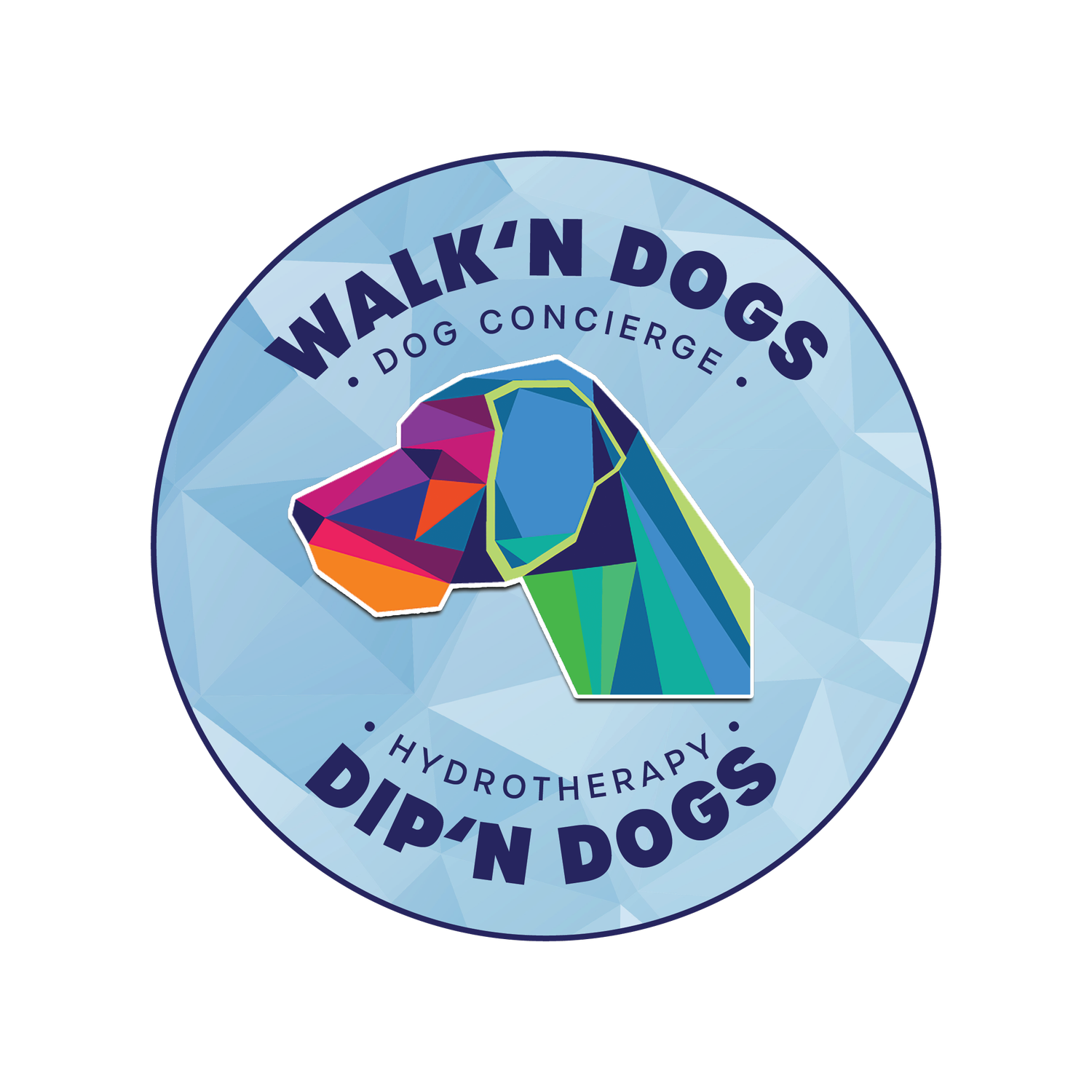Canine Respiratory Virus: What To Know
Navigating the Canine Respiratory Illness: A Comprehensive Guide
In recent months, there has been a concerning uptick in cases of canine respiratory illness, sending ripples of worry through the dog-owning community. While the situation can be alarming, understanding the nature of the illness, its symptoms, and preventive measures is crucial for responsible pet ownership. In this blog post, we will delve into the details of the canine respiratory illness currently circulating and equip you with the information you need to protect your furry friends.
Understanding the Canine Respiratory Illness
The canine respiratory illness in question is a viral infection that primarily affects dogs’ respiratory systems. Similar to the common cold in humans, this illness spreads through the air, making it highly contagious in places where dogs congregate, such as dog parks, kennels, and grooming facilities.
Symptoms
Coughing: Persistent coughing is one of the primary indicators of the canine respiratory illness. It may start as a mild cough and progress to a more severe, hacking cough over time.
Sneezing and Nasal Discharge: Dogs infected with the virus often exhibit sneezing and nasal discharge. The discharge may be clear or have a thicker consistency.
Lethargy: Infected dogs may become lethargic, showing a lack of interest in usual activities. This could include a decrease in appetite and overall energy levels.
Fever: A rise in body temperature is a common response to viral infections. Monitoring your dog’s temperature and seeking veterinary attention if a fever persists is crucial.
Eye Discharge: Some dogs may develop watery or pus-like discharge from their eyes, indicating inflammation in the ocular region.
Preventive Measures
Vaccination: Ensure that your dog’s vaccinations are up-to-date. Vaccines are available for some of the common viruses that contribute to respiratory illnesses in dogs.
Isolation: If your dog is showing symptoms, it’s important to isolate them from other dogs to prevent the spread of the virus. Consult your veterinarian for guidance on how to care for your sick pup while minimizing the risk to others.
Hygiene Practices: Practice good hygiene by washing your hands thoroughly after handling dogs, especially if they are coughing or sneezing. Clean and disinfect your dog’s belongings, such as bowls and toys, regularly.
Avoid High-Risk Areas: Temporarily avoid places where dogs congregate, such as dog parks and grooming facilities, until the outbreak is under control.
Seeking Veterinary Care
If you suspect that your dog is displaying symptoms of the respiratory illness or if you notice any concerning changes in their behavior or health, it is crucial to seek veterinary care promptly. Early intervention can improve the chances of a swift recovery and prevent the further spread of the virus.
The current canine respiratory illness demands vigilance and responsible pet ownership. By staying informed, practicing preventive measures, and seeking veterinary care when needed, you can help protect your beloved furry companions from this viral threat. Remember, the health and well-being of our dogs rely on our commitment to providing them with the care and attention they need, especially during challenging times like these.
About Dip’ n Dogs – Dog Swimming– Orlando, FL
At Dip’n Dogs, we are certified and caring professionals devoted to restoring and enhancing the health and happiness of your beloved pup. Encompassing a pool, as well as a certified hydrotherapist, this can provide effective and long lasting results for your pet’s health and safety. We are conveniently located in Winter Park, FL. Contact us today at (407) 227-0030 to get started. We look forward to hearing from you!

